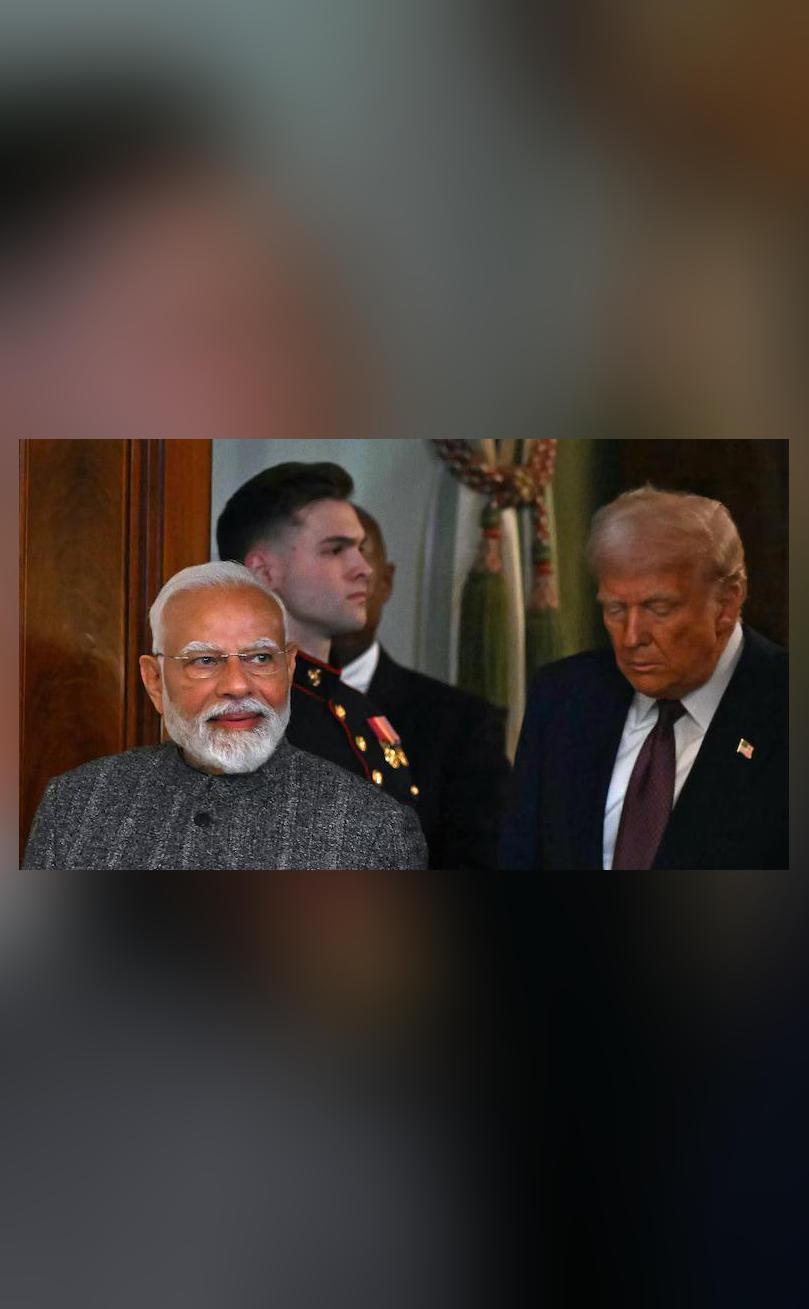
Title: Trump’s Tariffs Can Push India Closer to Russia & China: Ex-US NSA
In a shocking move, President Donald Trump’s administration has imposed 50% tariffs on India, a country that was once considered a key partner in the region. This decision has been met with widespread criticism, with many experts warning that it could have severe consequences for the global economy. One such expert is John Bolton, the former US National Security Advisor, who has warned that Trump’s tariffs on India could push the country closer to Russia and China.
In an interview with News18, Bolton stated, “Trump’s heavy-handed tariffs on India jeopardise decades of American efforts to bring India away from Russia and China.” He believes that the tariffs will have a negative impact on the Indian economy and could lead to a strengthening of ties between India and its Asian counterparts.
Bolton’s concerns are not unfounded. India has been a key player in the Indo-Pacific region, and its relationship with the United States has been a crucial factor in maintaining regional stability. The country has been a strong ally of the US in the region, and has worked closely with Washington to counter the growing influence of China.
However, under Trump’s administration, the relationship between the two countries has been strained. The US and India have had disagreements over issues such as trade, defense, and foreign policy, which have led to a deterioration in their relationship.
The imposition of tariffs on India is likely to further exacerbate these tensions. The tariffs are seen as a major blow to the Indian economy, which is already reeling from the impact of the COVID-19 pandemic. The Indian government has expressed its disappointment over the decision, and has hinted that it may take retaliatory measures to protect its economy.
But what are the implications of Trump’s tariffs on India? How will they affect the global economy, and what are the potential consequences for the region?
To begin with, the tariffs are likely to have a significant impact on the Indian economy. India is a major player in the global economy, with a GDP of over $2.7 trillion. The country is also a major consumer of goods and services, and is home to a large and growing middle class.
The imposition of tariffs on India will make it more difficult for Indian companies to export goods to the US, which will have a negative impact on their bottom line. This could lead to a reduction in investment, job losses, and a decline in economic activity.
Moreover, the tariffs will also have a negative impact on the global economy. India is a major player in the global supply chain, and the imposition of tariffs will disrupt this delicate balance. This could lead to a slowdown in global trade, which would have severe consequences for the global economy.
In addition to the economic implications, the tariffs could also have significant political and strategic implications. India is a key player in the Indo-Pacific region, and its relationship with the US is crucial for regional stability. The imposition of tariffs on India could lead to a deterioration in the relationship between the two countries, which would have significant consequences for the region.
Furthermore, the tariffs could also strengthen the ties between India and its Asian counterparts. India has been seeking to strengthen its relationships with countries such as Japan, South Korea, and Southeast Asia, and the imposition of tariffs on India could accelerate this process. This could lead to the formation of a new axis in the region, which would be detrimental to the interests of the US.
In conclusion, Trump’s tariffs on India are a major blow to the global economy and the region. The decision will have significant economic, political, and strategic implications, and could push India closer to Russia and China. It is essential that the US administration reconsider its decision and work towards a more constructive relationship with India.
In the meantime, it is crucial that India explores alternative options to protect its economy. The country could consider diversifying its trade relationships, and seeking new markets for its goods and services. This would allow India to reduce its dependence on the US market, and would provide a buffer against the negative impacts of the tariffs.
Ultimately, the imposition of tariffs on India by the Trump administration is a major mistake that will have far-reaching consequences. It is essential that the US administration learns from this mistake, and works towards a more constructive relationship with India.






